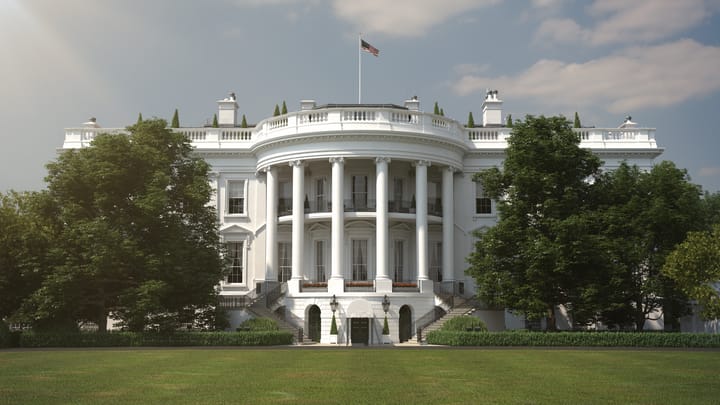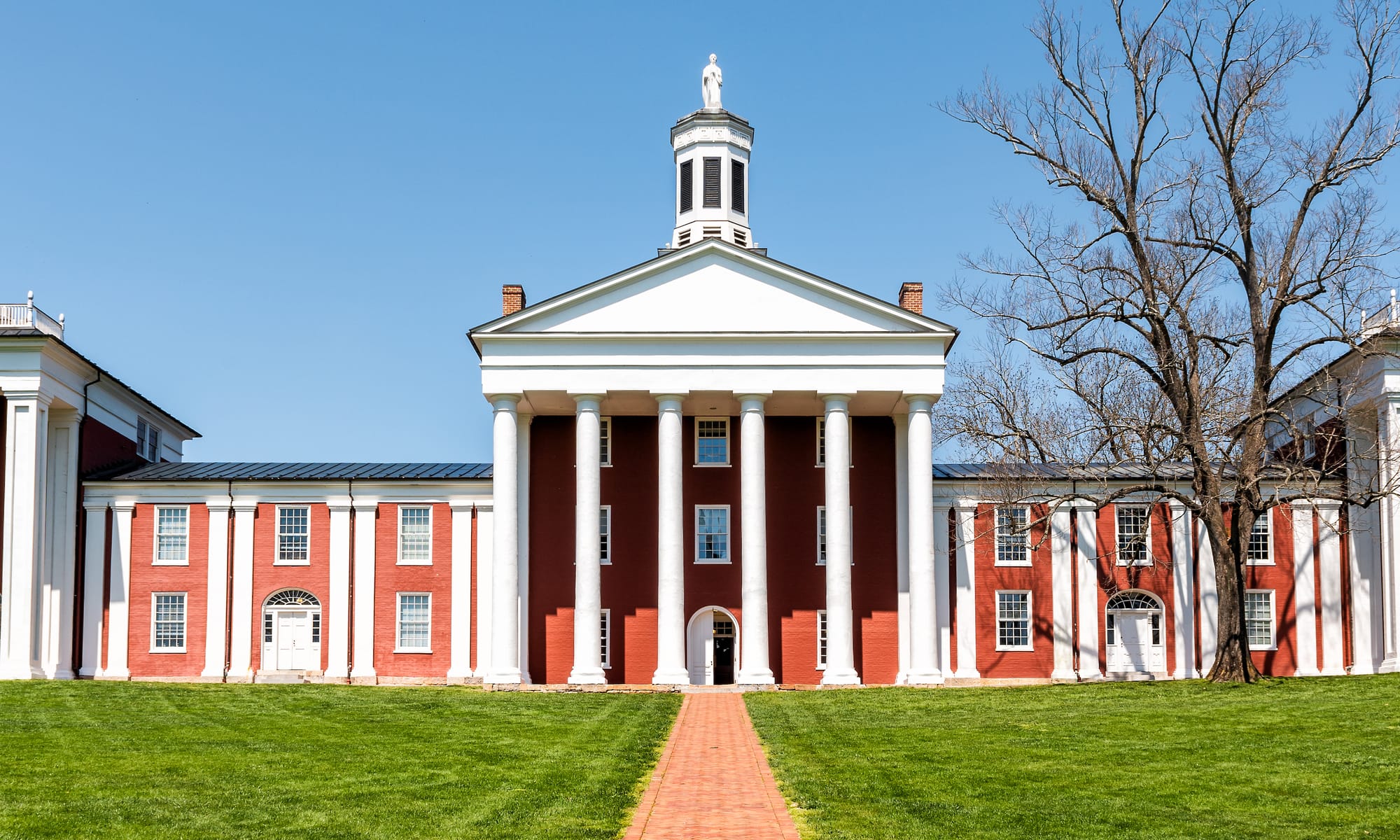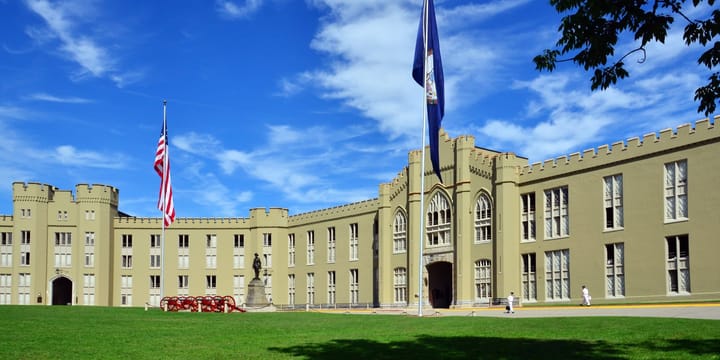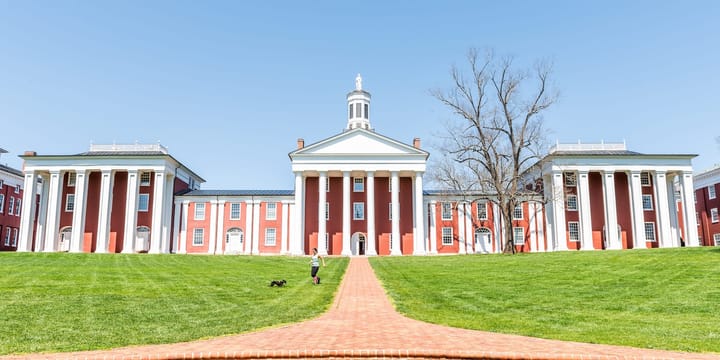Trump administration takes new aim at higher education with new directives
The administration tightens it's grip on higher education, trying to exert more control on who colleges enroll and which grants are funded.

As outlined in this article by Natalie Swartz in Higher Ed Dive, the Trump administration has issued two significant directives that will fundamentally reshape how colleges operate and how federal research funding flows to universities across the country.
These directives come on the heels of very public fights over funding at Harvard and Brown Universities.
A summary of these changes follows.
Admissions data requirements
In his sweeping memo to the Department of Education, President Trump has ordered colleges and universities to dramatically expand the admissions data they must report to the National Center for Education Statistics.
Until now, institutions only had to provide racial enrollment data for students who actually enrolled. Now they must report comprehensive information about:
- Race and sex of all applicants, admitted students, and enrolled students
- Standardized test scores and GPAs for each group
- Other academic qualifications across the admissions pipeline
This expanded reporting applies not only to undergraduate programs but also select graduate and professional programs. Education Secretary Linda McMahon has also directed the development of audit processes to ensure data accuracy.
Their stated goal is clear. The directive aim to prevent any consideration of race in university admissions. McMahon flatly stated it: "We will not allow institutions to blight the dreams of students by presuming that their skin color matters more than their hard work and accomplishments."
This move comes two years after the Supreme Court banned race-conscious admissions in cases involving Harvard and UNC. Many selective institutions have since seen decreased enrollment of Black and Hispanic students. Needs based admissions will likely be next on the chopping block.
So merit matters, but it will matter more if you are white and privileged.
Oversight of federal grants
The second directive takes aim at the allocation of federal research funding. The executive order requires review and approval grant awards and funding announcements. However, politcal appointees will perform these reviews.
While these appointees will supposedly work with subject matter experts to evaluate projects. As political appointees, of course their aim will be to fund only those research projects that align with Trump administration priorities. Actual expertise will be subject to ideology.
The order take aims at all the usual Republican bogeymen. It specifically criticizes grants that funded:
- Transgender sexual education programs
- Critical race theory training for graduate students
- What it terms "Marxism, class warfare propaganda, and other anti-American ideologies" (as defined by them of course)
Under the new system, grants could be immediately terminated if they "no longer advance agency priorities or the national interest." The directive also states that funding should not go to projects that deny biological sex is binary or promote "anti-American values."
They continue to use trans rights and recognition as a cudgel to beat a non-existent issue. It's the latest "anti-American" ideology in their book, and it's their scary thing to be used to win elections.
But who gets to decide what "American values" are? I think that question answers itself based on over three decades of political observation. Anything that doesn't align with the Republican view is automatically "Anti American," at least according to them.
The overall impact
These directives aim to exert unprecedented government control over two critical aspects of higher education: student enrollment patterns and research priorities. The first, enhanced data collection, will provide the federal government with detailed insight into admissions practices.
The grant oversight mechanism could reshape the entire landscape of federally funded research. This, worrying development could squash independent research and academic freedom.
Universities now face the prospect of increased federal scrutiny at every level—from who they admit to what research they pursue. How institutions adapt to these new requirements will likely define the relationship between higher education and the federal government for years to come.
The administration signals this is just the beginning of broader reforms aimed at what it calls restoring "meritocracy and excellence" to American higher education.
Legal challenges and what we can do
These moves will face significant legal hurdles. Researchers have already successfully challenged previous Trump administration attempts to control grant funding. And a federal judge recently ruled against NIH grant cancellations related to diversity, equity, and inclusion programs, with the Government Accountability Office deeming such actions illegal.
Given the currently climate of the courts and the Supreme Court's willingness to rubber stamp Trump policies, no matter how outragerous, lega lintervention seems unlikely to hold.
In the meantime, we can support existing litigation from groups including the ACLU and NAACP Legal Defense Fund. Contacting your representatives to make you feelings know can also work if enough people do it.
We must be vigilant in our protections of academic freedom and continue to be mindful of the future.
Non in cautus futuri.



